First Year Engineering

Prof.Nanaware D.J.
Contact No:9850110417
| Title | Full time/Part time | Duration | Intake |
|---|---|---|---|
| Computer | Full Time | 3 years/ 6 sem | 60 |
| Mechanical | Full Time | 3 years/ 6 sem | 60 |
| Civil | Full Time | 3 years/ 6 sem | 60 |
| Electronics & Telecommunication | Full Time | 3 years/ 6 sem | 60 |
Vision
To be center of excellence in the field of engineering by providing value based quality technical education in rural area.
Mission
To impart and inculcate both theoretical as well as practical knowledge in students.
To develop competent professionals who are proficient in analysis,design and implementation of broadly-defined engineering problems.
To create confident youth with a sense of duty,discipline and responsibility.
Faculty Details

Name:
Designation:
Qualification:
Experience:
Email ID
Prof. Nanaware D.J.
Head of Department
M.SC Analytical Chemistry
13 Year
deepikananawarej@gmail.com
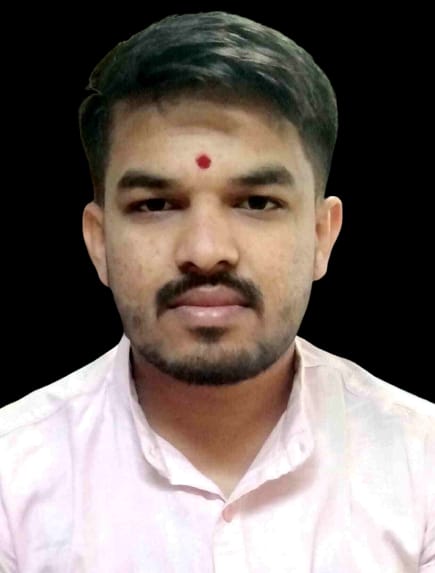
Name:
Designation:
Qualification:
Experience:
E-mail Id
Prof .Nanaware S.K.
Lecturer
M.SC MATHS(B.Ed)
5 years
nanavareshubham001@gmail.com
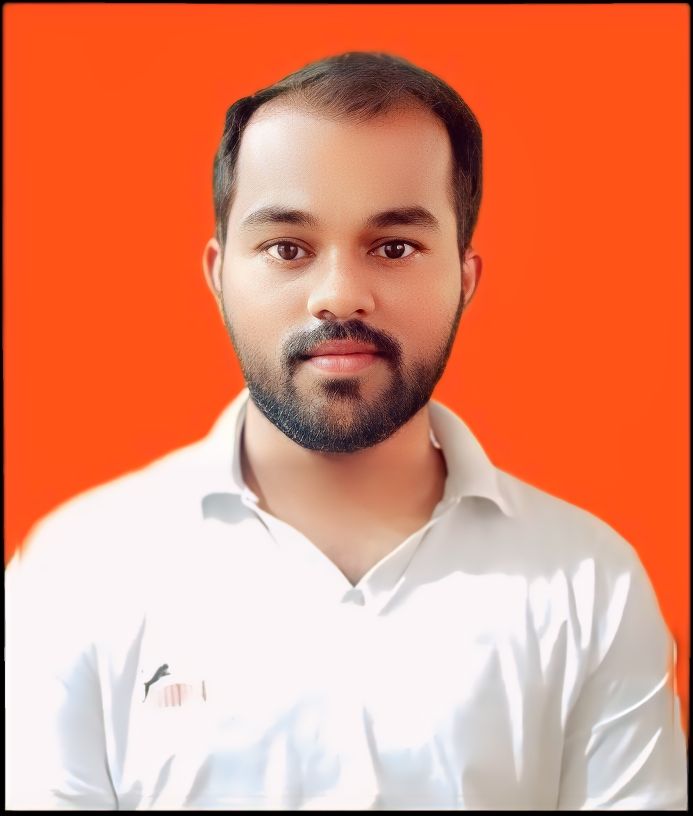
Name:
Designation:
Qualification:
Experience:
E-mail id
Prof .Khunte K.G.
Lecturer
MA(English)M.Ed
5 years
khuntekumargautam@gmail.com
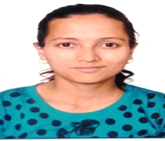
Name:
Designation:
Qualification:
Experience:
E-mail ID
Prof. Nikam A.A
Lecturer
Msc Chem
2 Years
abolinikam123@gmail.com
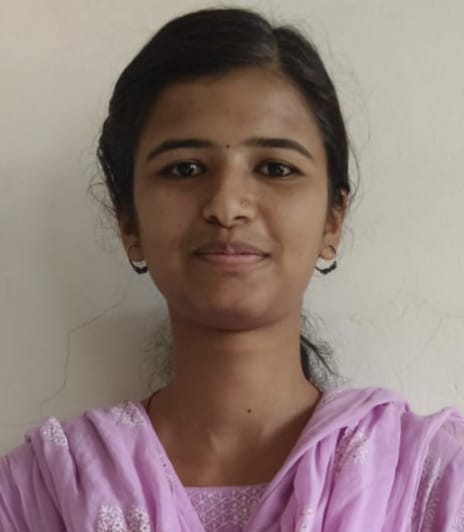
Name:
Designation:
Qualification:
Experience:
E-mail id
Prof .Ranjane A.R.
Lecturer
MSC Maths
1 years
artiranjane36@gmail.com
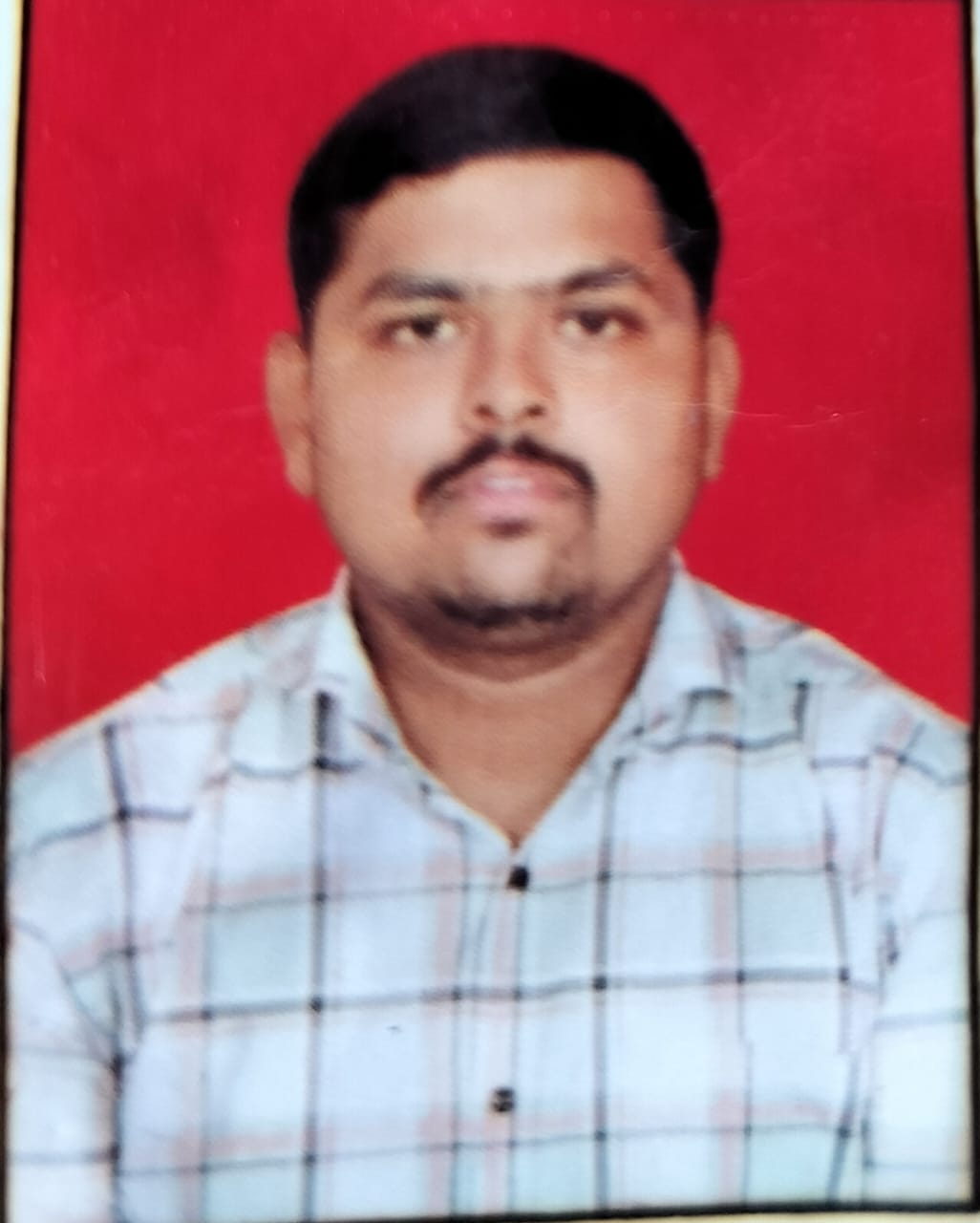
Name:
Designation:
Qualification:
Experience:
E-mail ID
Prof.Chavan A.D.
Lecturer
M.Sc.Physics
0 years
ac1226644@gmail.com
Parents Meeting









Parents meeting is an integral part of the academic curriculum.
Laboratory

Computer Center Lab
No of Machines: 30
Hardware
Intel® Core™ i5-4440 Processor, 6M Cache, up to 3.30 GHz, 4 GB RAM, 15" LED Monitor, Microsoft Keyboard, Logitech Mouse
Software
WINDOWS 7 64 bit, UBUNTU 20.0,Netbeans 6.9 , Android Studio , Selenium, Mozilla Firefox 8.0,Microsoft Office 7,WinZip, Acrobat Reader 9.0
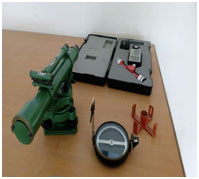
Basic Civil Engineering Lab
Equipments

Basic Mechanical Engineering Lab
Equipments
Basic Physics Lab
Equipments
Basic Chemistry Lab
Equipments

Electronics Electrical Engineering Lab
Equipments
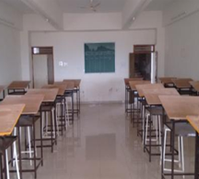
Drawing Hall
Equipments
30 Drawing Boards with 30 stools
PO, PSO, PEO
PO2. Problem analysis:Identify, formulate, research literature, and analyze complex engineering problems reaching substantiated conclusions using first principles of mathematics, natural sciences, and engineering sciences.
PO3. Design/development of solutions: Design solutions for complex engineering problems and design system components or processes that meet the specified needs with appropriate consideration for the public health and safety, and the cultural, societal, and environmental considerations.
PO4. Conduct investigations of complex problems:Use research-based knowledge and research methods including design of experiments, analysis and interpretation of data, and synthesis of the information to provide valid conclusions.
PO5. Modern tool usage: Create, select, and apply appropriate techniques, resources, and modern engineering and IT tools including prediction and modeling to complex engineering activities with an understanding of the limitations.
PO6. The engineer and society: Apply reasoning informed by the contextual knowledge to assess societal, health, safety, legal and cultural issues and the consequent responsibilities relevant to the professional engineering practice.
PO7. Environment and sustainability: Understand the impact of the professional engineering solutions in societal and environmental contexts and demonstrate the knowledge of, and need for sustainable development.
PO8. Ethics: Apply ethical principles and commit to professional ethics and responsibilities and norms of the engineering practice.
PO9. Individual and team work: Function effectively as an individual, and as a member or leader in diverse teams, and in multidisciplinary settings.
PO10. Communication:Communicate effectively on complex engineering activities with the engineering community and with society at large, such as, being able to comprehend and write effective reports and design documentation, make effective presentations, and give and receive clear instructions.
PO11. Project management and finance: Demonstrate knowledge and understanding of the engineering and management principles and apply these to one’s own work, as a member and leader in a team, to manage projects and in multidisciplinary environments.
PO12. Life-long learning:Recognize the need for, and have the preparation and ability to engage in independent and life-long learning in the broadest context of technological change
PSO2: Use professional engineering practices, strategies and tactics for the development, operation and maintenance.
PSO3: Provide effective and efficient real time solution using acquired knowledge in various domains.
PEO 2:To deliver comprehensive education in the fields of electronics, telecommunication, VLSI and embedded system and signal processing for creating novel products and solutions to real life problems.
PEO 3:To explore the application of knowledge and skills in electronics and telecommunication engineering for the benefits of society and environment concern.
PEO 4:To exhibit professionalism, ethical attitude, communication skills, team work and adapt to current trends by engaging in lifelong learning.
Student Achievement
Sr. No. |
Name of Student |
Achievements |
| 1. |
Faculty Achievement
| Sr. No. | Name of Staff | No. of Paper Published/Presented | No. of Workshop/Seminar/FDP/STTP Attended/Organized | Any Other |
| 1. |
Results
May-2018 Toppers:
First Year (FE) SGPA
1.2.
3.
4.
5.
Industrial Visits
Industrial visit is an integral part of the academic curriculum which provides students the greater insight about the working environment of an organization. Institute organizes regular visits to various industries in order to understand and learn the emerging trends in the field of engineering & technology
Technical Activities 2018-19
| Sr. No. | Date | Nature of Activity | Name of Activity | Name of Resource Person |
|---|---|---|---|---|
| 1. |
Technical Activities 2017-18
| Sr. No. | Date | Nature of Activity | Name of Activity | Name of Resource Person |
|---|---|---|---|---|
| 1. |
Downloads
Syllabus
Time Table